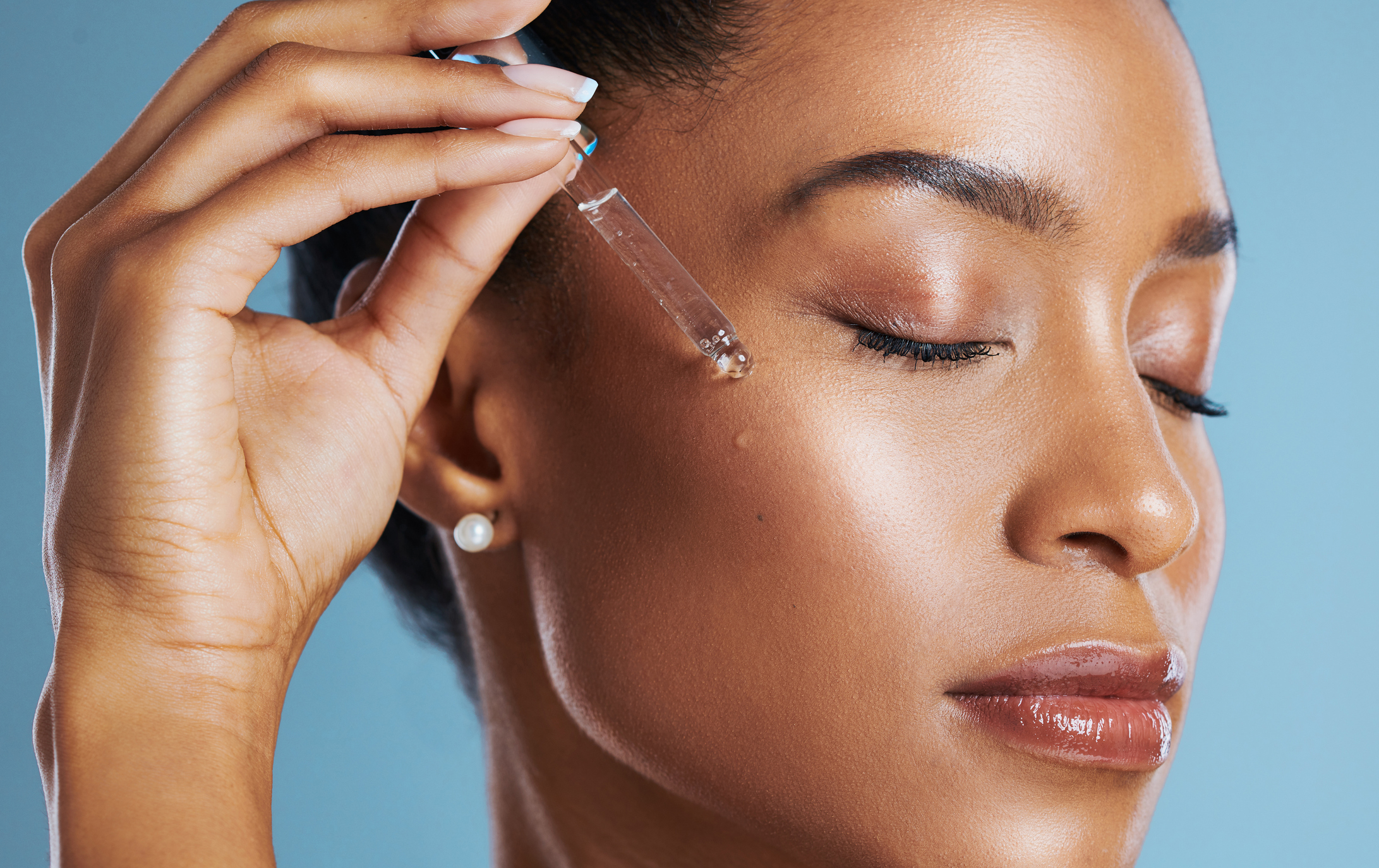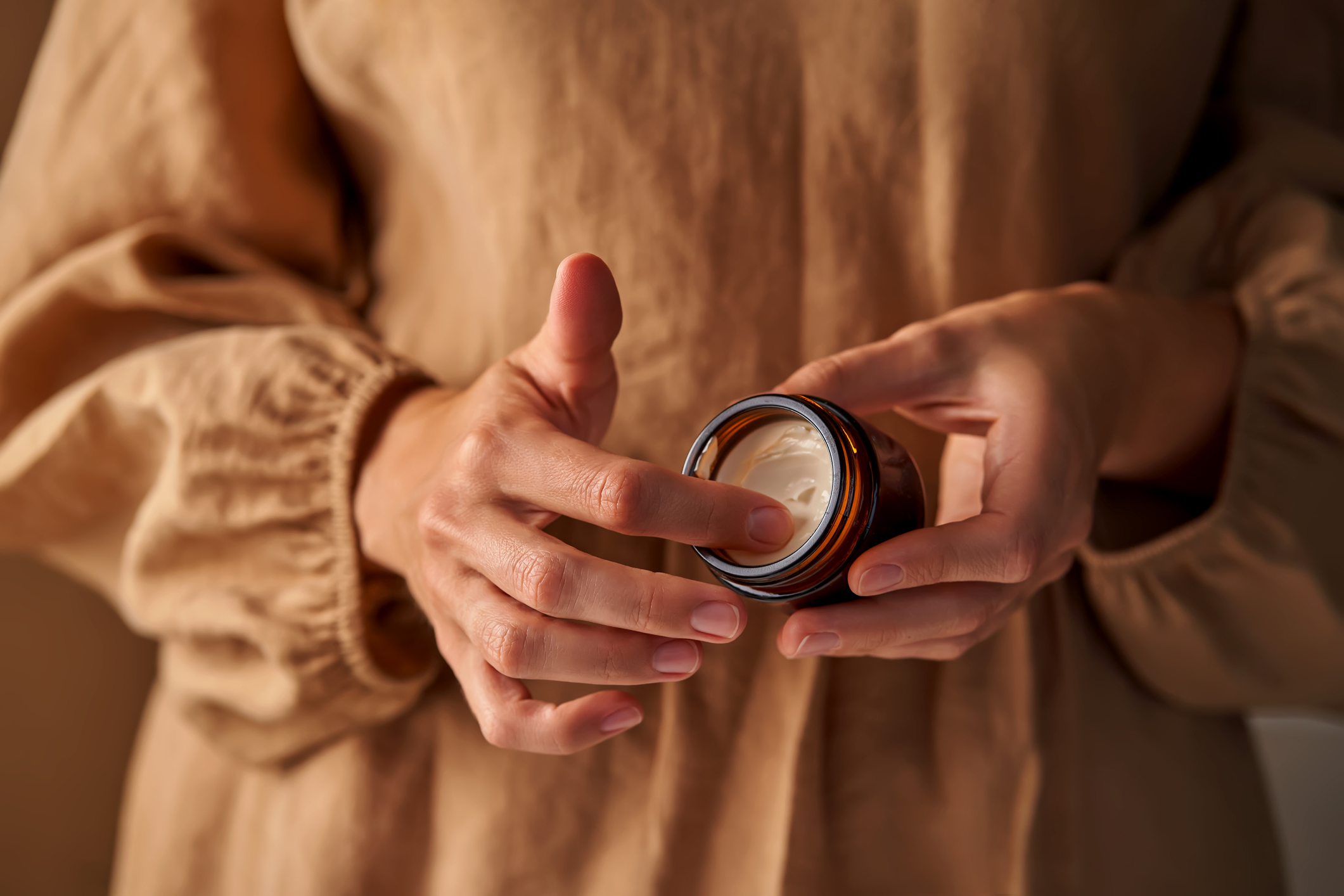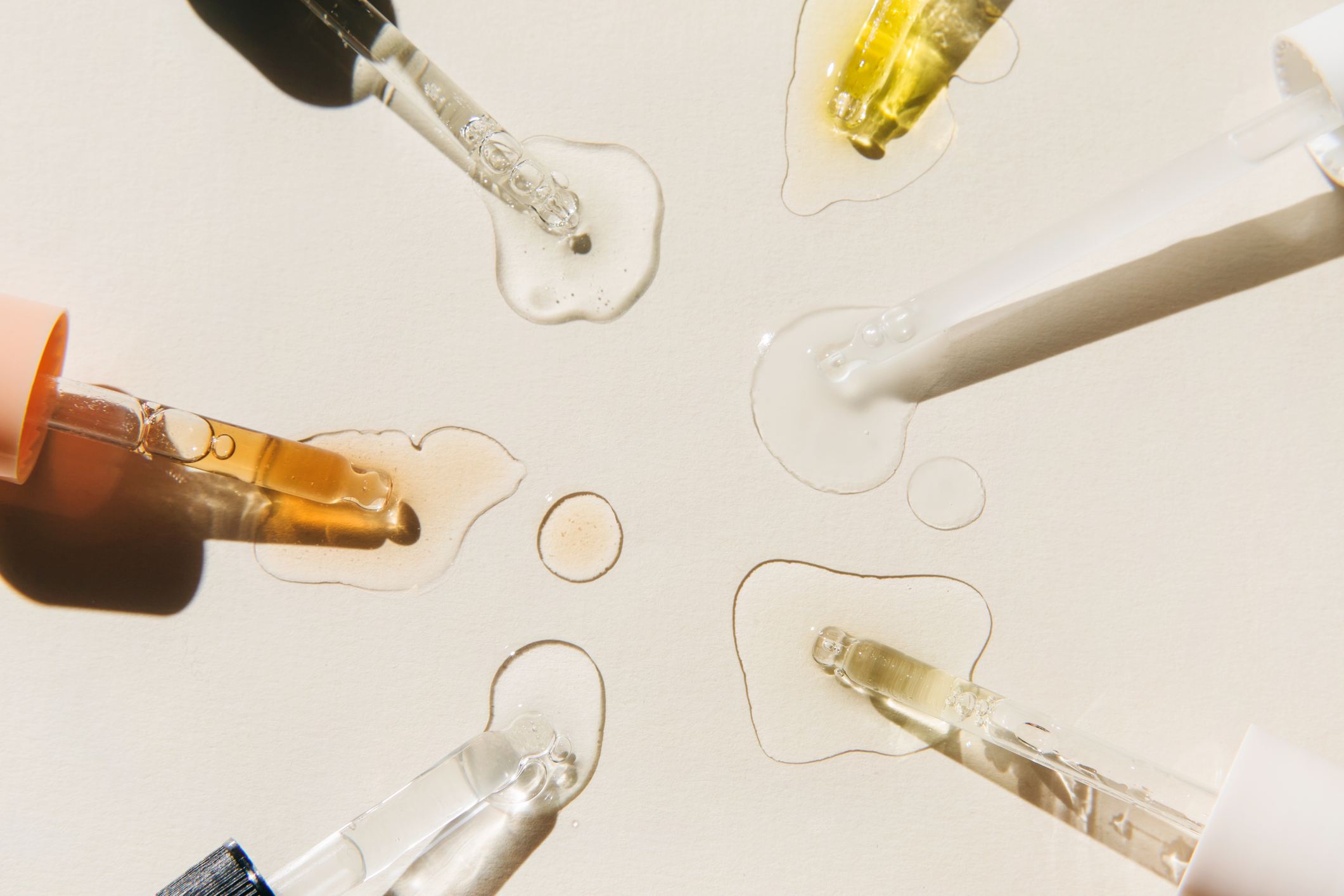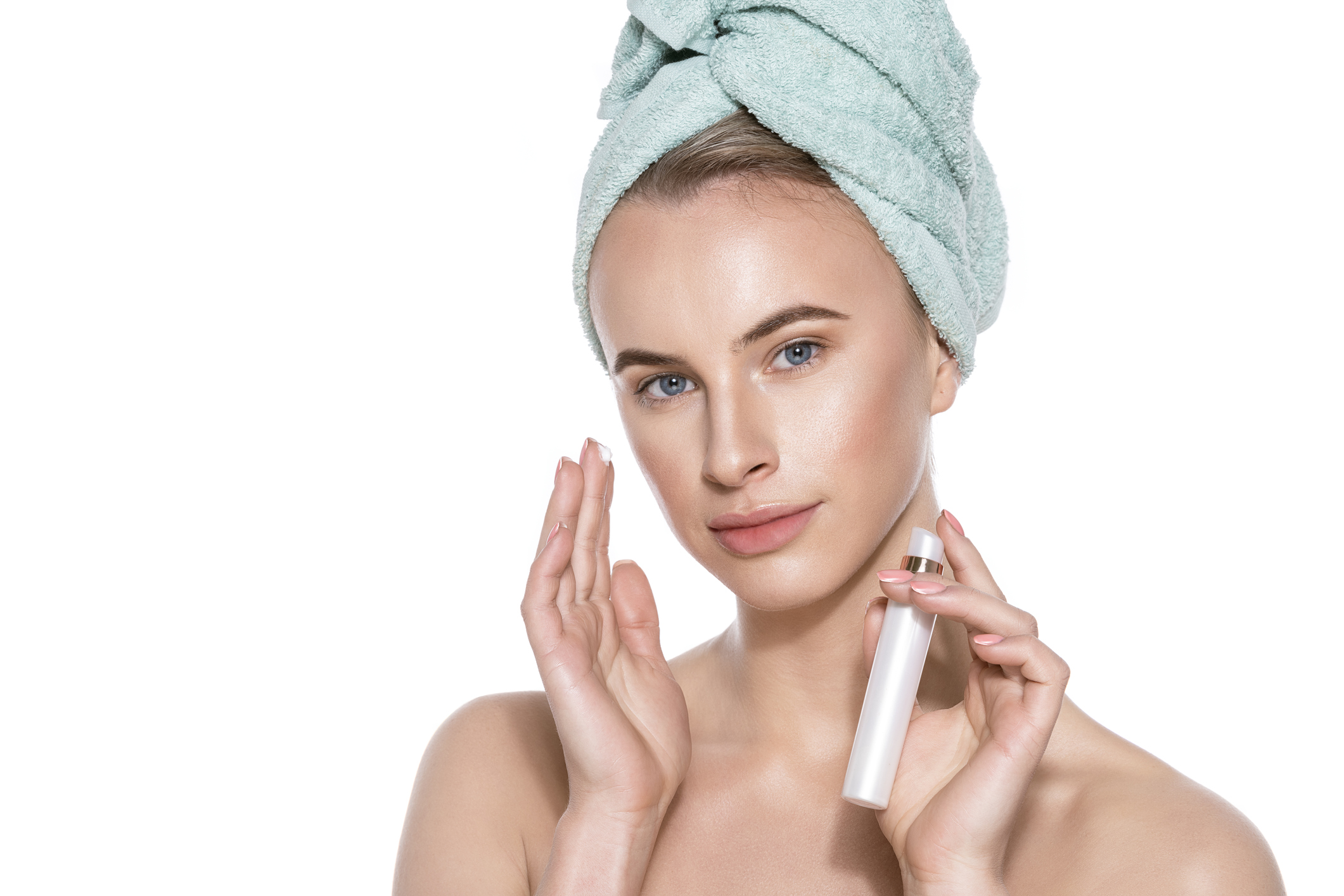As we age, skin changes are inevitable, and skincare products can help us look more youthful. Retinol and retinoids can be a first line of defense against wrinkles and fine lines, helping your skin glow radiantly. Although this activity is nothing short of revolutionary and is sold everywhere, from dermatologist offices to drugstores, the youth-enhancing ingredient is often misused and misunderstood.
1. What is retinol?
Retinal and retinoids, like retinal palmitate and retinoic acid, are all derivatives of vitamin A. Vitamin A is a key nutrient in our bodies that boosts cell turnover. It’s often added to skincare products for several benefits, including:
- Exfoliation of dead skin cells
- Acne reduction
- Brightened skin tone
- Unclogged pores
It can even gradually fade stretch marks and psoriasis, making this a smart solution for all kinds of people. Retinoids first became popular in 1971 as a way to treat acne, wrinkles, psoriasis, and even some cancers. The very first one was Retin-A, which was designed to treat acne. However, when doctors found that it actually promotes cell turnover and fades pigmentation spots. Retinols are usually a weaker version of retinoids, so they can be bought over the counter. High concentrations will require a prescription and an adjustment period.
They’re offered in many forms, including serums, creams, gels, and ointments.

2. The best time to take retinol
There’s no bad time to start taking retinol, but starting in at least the early thirties is best as an anti-aging preventative method. It can help give you a head start on crow’s feet and sun spots, but it’s best to consult with a dermatologist regardless since balance is key.

3. How to use retinol
Low and slow is the best way to approach retinol. In large amounts or when frequently used, it can irritate the skin. The best way to start is with a low-percentage OTC formula, applying it in. A pea-sized amount will do the trick, and you can increase the amount until the skin slowly adjusts to it.
Dermatologists recommend using it twice a week, and then usage can be increased after a week or so has passed. Additionally, retinol should be skipped the day before exfoliation since this process can also be abrasive and the retinol’s irritation can heighten sensitivity. Treatments like micro-needling and microdermabrasion will also require a break from retinol.
Over time, if a dermatologist approves it, you can graduate to a higher percentage of retinol. Retinol can be combined with other topical skin treatments like hyaluronic acid and niacinamide, but harsh exfoliators should be avoided.

4. Retinol side effects to beware of
As effective as it is, retinol does have some side effects. It can cause initial dryness, irritation, and sun sensitivity, so this product is best for evening usage. It should also be used in conjunction with SPF since newly surfaced skin is much more delicate. Side effects like flaking, burning, and redness are abnormal.
Additionally, people who suffer from eczema and rosacea should be cautious with usage and possibly avoid it based on what a skin doctor recommends. There are many anti-aging alternatives on the market, such as wild indigo.

5. What retinol to buy
Retinoid products are offered in 0.025%, 0.05%, 0.1%, 0.3%, and 1% concentrations. The higher this percentage, the stronger the formula will be, so users should always start with a lower percentage and work their way up once they build up a reasonable tolerance without too many side effects. SkinCeuticals Retinol is a popular choice because it has a relatively high percentage but is still gentle and non-irritating on most skin types.
Speaking to a healthcare provider or dermatologist can help determine what retinol or retinoid suits your skin type. All in all, if you’re looking to prevent aging, promote younger-looking skin, or reduce the appearance of wrinkles, this skincare miracle worker is a fantastic choice.
You should contact a professional if you don’t see results over a few months or develop a bad reaction to retinol or retinoid products.
